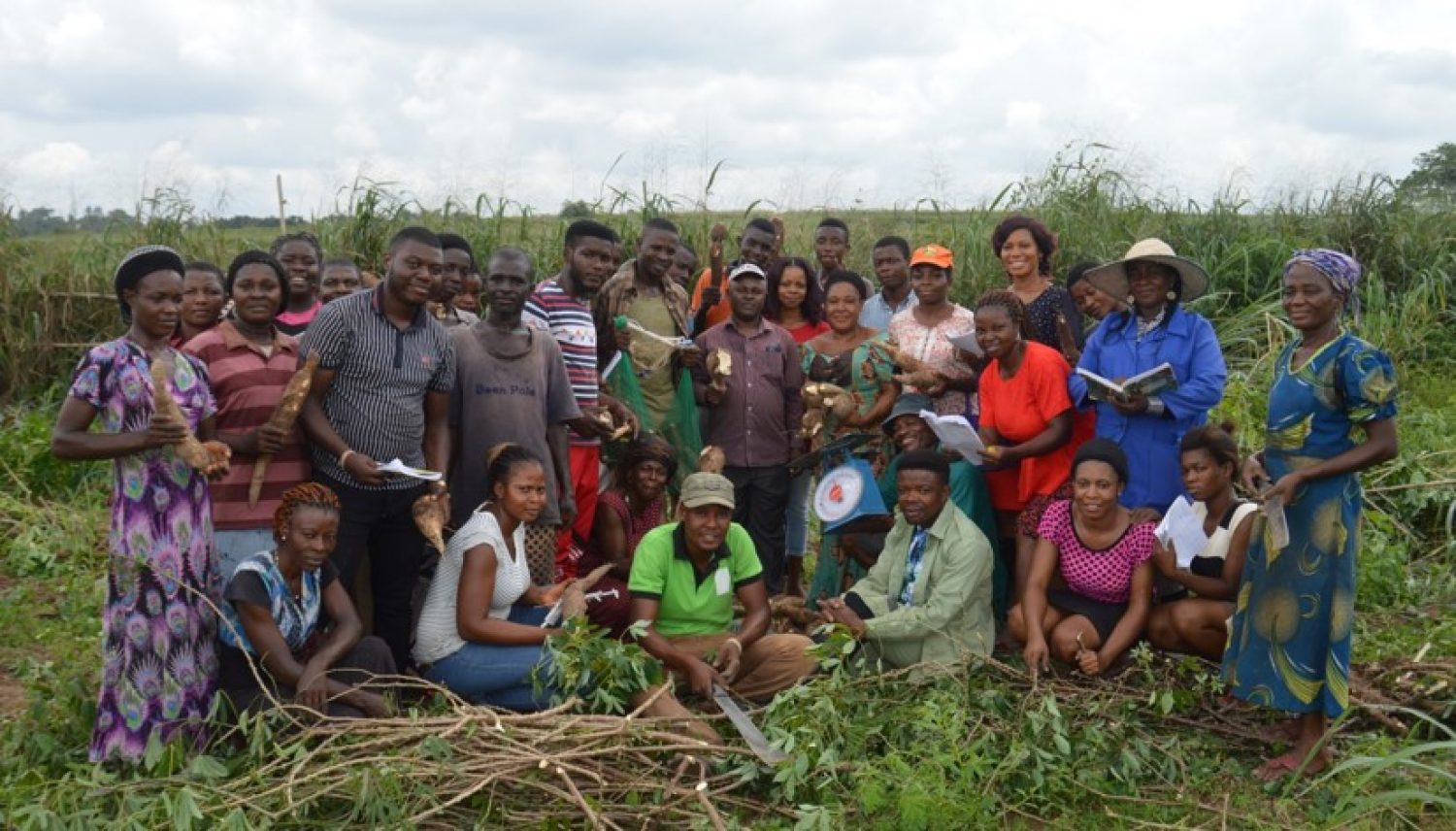WHAT IS CPPD?
The Cassava Post-harvest Physiological Deterioration (CPPD) Project is examining carotenoid levels and post-harvest physiological deterioration (PPD) tolerance in cassava roots in Nigeria. The objective is to increase the shelf life of cassava roots post harvest. Cassava is a staple crop for over half of the Nigerian population, but its potential to contribute to food security is currently being threatened by the rapid nature of its PPD. This deterioration of cassava roots can result in economic losses as high as 60% within 48 hours. CPPD is working to breed more PPD-tolerant, carotenoid-rich cassava that will help contribute to food security and economic development in Nigeria.
WHAT ARE ITS AIMS?
The project has two main research aims:
- To dissect the genetic basis and relationship of carotenoid levels and PPD tolerance in Nigerian cassava roots
- To use that knowledge to begin breeding more PPD-tolerant, carotenoid-rich cassava varieties amongst NextGen cassava breeding populations and HarvestPlus breeding selection for Nigerian farmers
WHO IS DELIVERING CPPD?
- National Root Crops Research Institute (NRCRI)
- Brazilian Agricultural Research Corporation (EMBRAPA)
- Cornell University
- International Institute of Tropical Agriculture (IITA)

Dr Damian Njoku
Project dates:
2014–2018
Crop(s):
Cassava
Project focus location(s): Nigeria

